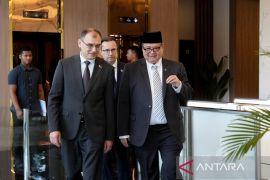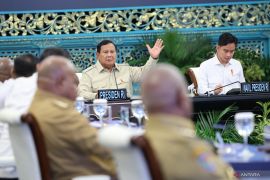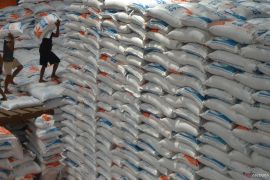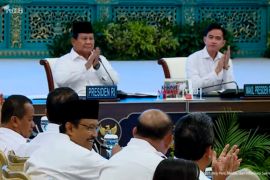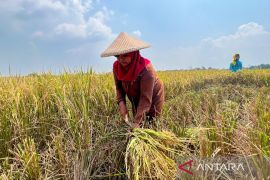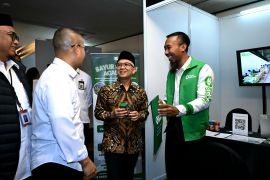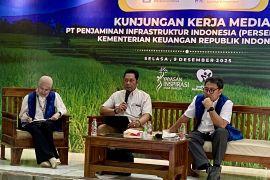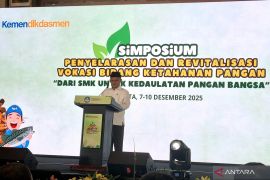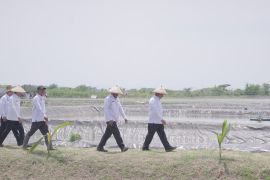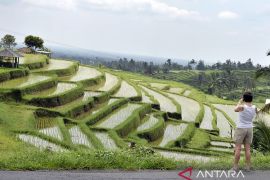"The focus should be on supporting countries at risk of hunger and malnutrition," FAO representative for Indonesia and Timor Leste, Rajendra Aryal, said in an official statement released here on Friday.
As part of the commemoration of World Food Day, which falls on October 16, FAO has urged everyone to take action and establish global solidarity to transform the agri-food system, promote inclusive economic growth, address inequality, improve resilience, and achieve sustainable development goals.
According to FAO data, currently, 3.1 billion people worldwide are unable to buy healthy food. Hunger, which has continued to increase, affected 828 million people in 2021. Meanwhile, the number of people facing food security issues increased from 135 million in 2019 to 193 million in 2021, prompting the FAO to stress that it would cost more to ensure that no one is left behind.
G20 member countries should work with international financial institutions to improve liquidity and fiscal access to provide social protection to the poorest people, Aryal said.
"We need more coordination between emergency support and development assistance, and initiatives to promote peace in conflict-affected areas. Everyone needs to work together to support countries affected by the food crisis to increase local food production and improve the resilience of the most vulnerable populations," he added.
Related news: Asia-Pacific nations plan COVID-19 response for addressing hunger: FAO
According to Aryal, Indonesia--as the country leading this year's G20--has the opportunity to invite other member countries to strengthen solidarity with countries that are more vulnerable.
According to the FAO, a global food agriculture transformation is needed, starting from the smallest level, that is, small farmers and fishermen.
Aryal pushed for a transformation of agri-food systems geared toward efficiency, inclusivity, resilience, and sustainability, in order to pursue better production, better nutrition, a better environment, and a better life for all.
It is also very important to ensure effective, well-coordinated, and timely public livelihood support and take into account the critical growing seasons and livestock production seasons.
"We must always remember that at least two out of every three people experiencing extreme hunger are small-scale food producers from rural areas who need our support to help bring about the transformation of the agri-food system," Aryal added.
Related news: G20 Presidency supports sustainable world food security system: BRIN
Related news: 85,000 children may have died from famine in Yemen
Translator: Aditya Ramadhan, Mecca Yumna
Editor: Suharto
Copyright © ANTARA 2022


